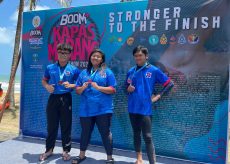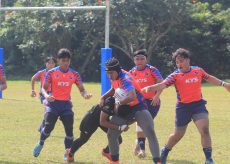“I am Iron Man” – Khairul Danish
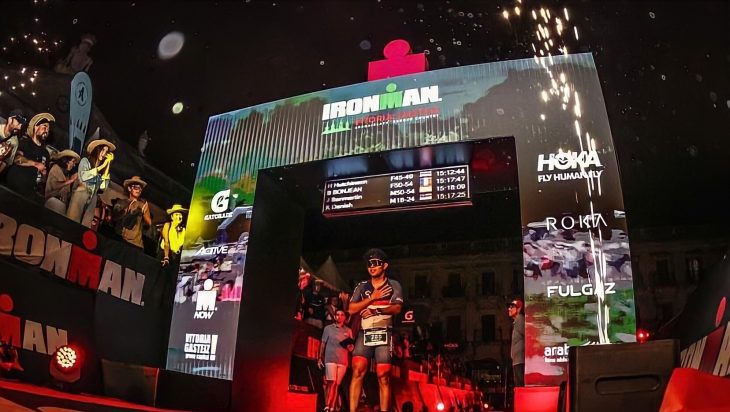
By Athena Siow
Triathlons are no easy feat, what more devoting yourself to complete one of the most difficult one-day sporting events in the world. At just 19 years old, KYSer Khairul Danish shares his story of being crowned Iron Man from virtually zero triathlon experience.
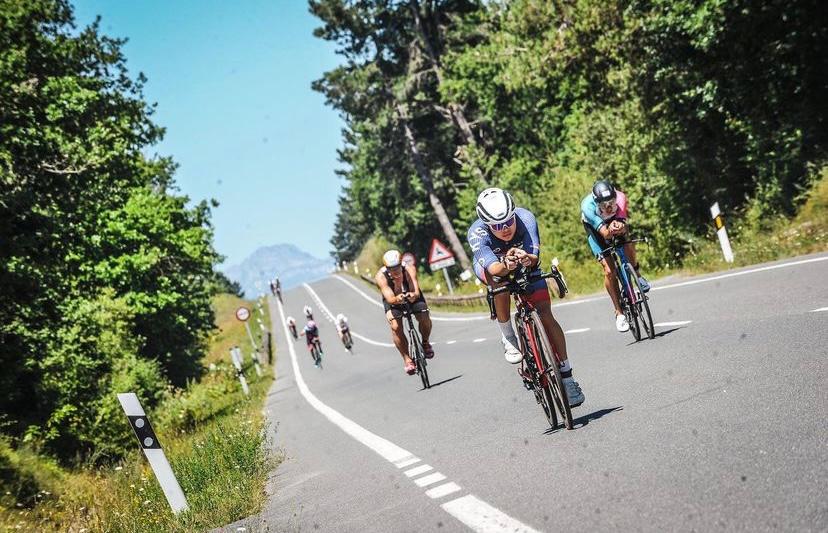
1. What originally made you set yourself to this goal?
Not many people can do an Ironman triathlon, and I like to do things that not many people dare to do. I believe that when you work so hard to accomplish something difficult, you get a sense of satisfaction that is just out of this world, plus a lot of people would look up to you for taking up that challenge. I chose the Ironman Distance Triathlon because not many people my age dare to try it, there’s only a handful of 18 – 19 year old Ironman finishers in history and I wanted to become one of them. Finishing it also makes me the 2nd youngest Malaysian Ironman finisher ever.
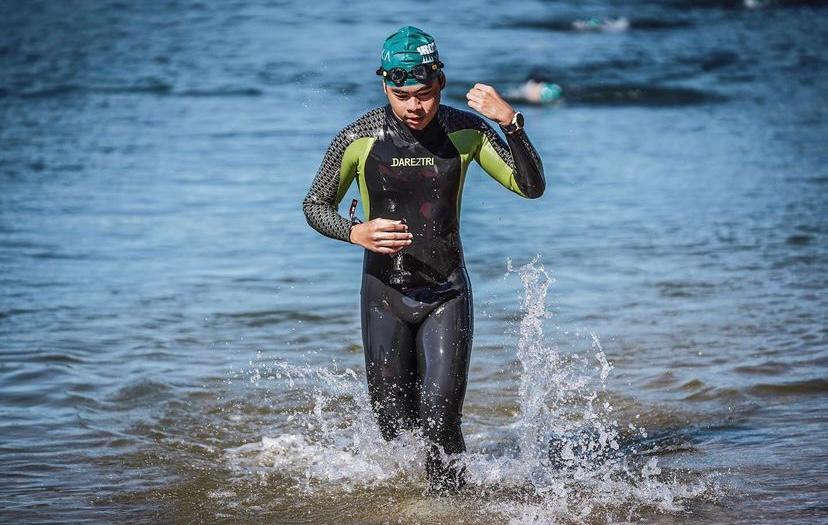
2. What motivated you to keep going when you felt like giving up?
In an over 15-hour long Ironman race, it’s inevitable to feel like giving up at one point even more so in the last 2 – 3 hours of the race. It’s how you overcome these feelings in your head that truly makes you an Ironman when you cross that finish line. As for me, when I felt tired and thought about giving up, I remind myself: What’s a few hours of pain compared to the countless hours of training I put just for this one event? In the back of my mind, I also knew that I have wanted this more than anything so giving up was never an option for me.
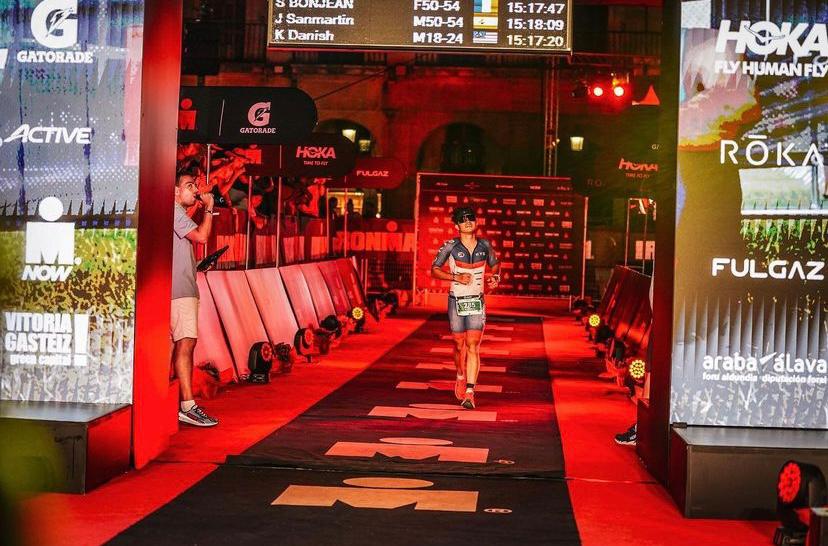
3. What challenges have you faced?
The main challenge of the day for all the competitors was the Spanish summer heatwave that hit us on race day. This caused a huge amount of participants (~800) to drop out of the race – unable to carry on because of the extreme heat. Being a Malaysian, I think I handled the heat better and managed to push through it but undoubtedly it made the race more of a challenge than it already is. I was also unable to take in any more food about 10 hours into the race. My body refused any form of food and I would immediately start to vomit if I tried to eat anything. This left me with no source of energy for the last 6 hours of the race. I felt like my body was eating itself from the inside out trying to put one foot in front of the other. The only thing that pushed me to the finish line at this point was just pure grit and determination to reach my goal.
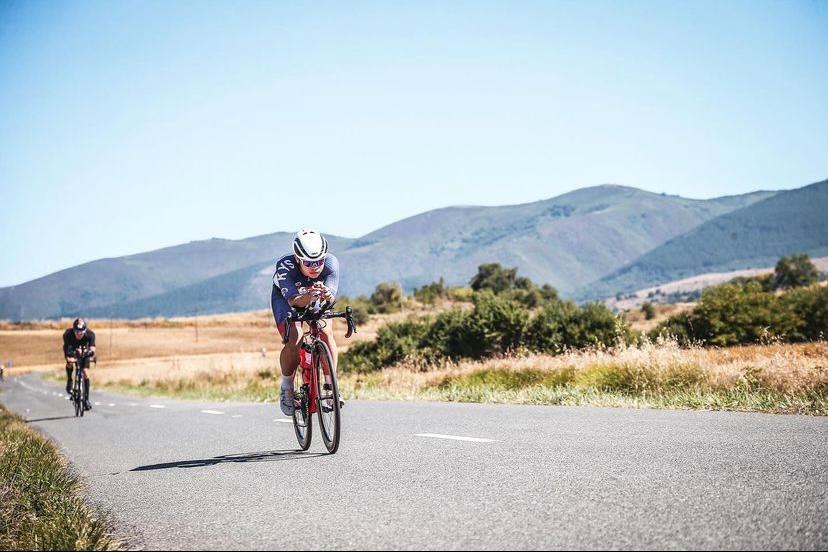
4. What does your average daily routine look like?
My daily routine varies day by day. I normally train 2 – 3 times a day totalling up to 2 – 3.5 hours. My morning alarm goes off at 6 am everyday for the main training session starting around 7 am. Before the next session at 12:30 pm, I take in some food and have a 1 hour nap to recharge the body. Then I have lunch and relax a bit by playing games or watching movies. The last training session of the day starts at 5 pm before I wash up and have my dinner. Around 9:30 pm, I’m off to bed to get my 8-hour sleep and I’m ready to do it all over again the next day.
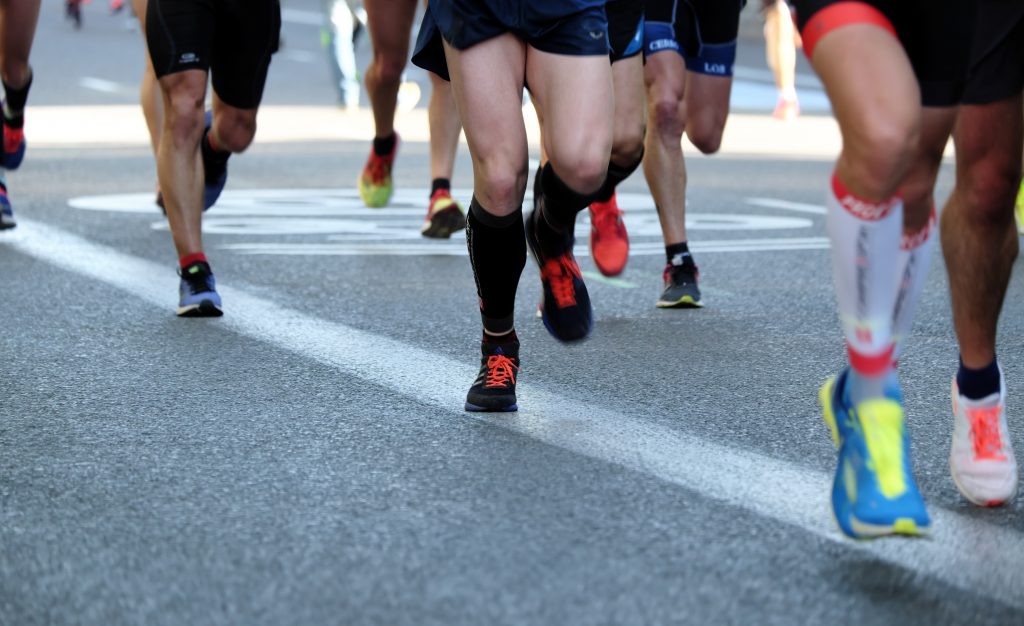
5. What’s the biggest takeaway from your journey?
You can achieve any goal you set in life if you consistently work hard and never give up on it. My plan was to take a gap year after my SPM examination to focus solely on completing an Ironman Triathlon. Going from zero triathlon experience to taking on an Ironman Triathlon in 1.5 years is generally not recommended, but nonetheless I thought that if I worked hard for it every single day over that 1.5 years it could definitely be possible to finish and accomplish my goal.
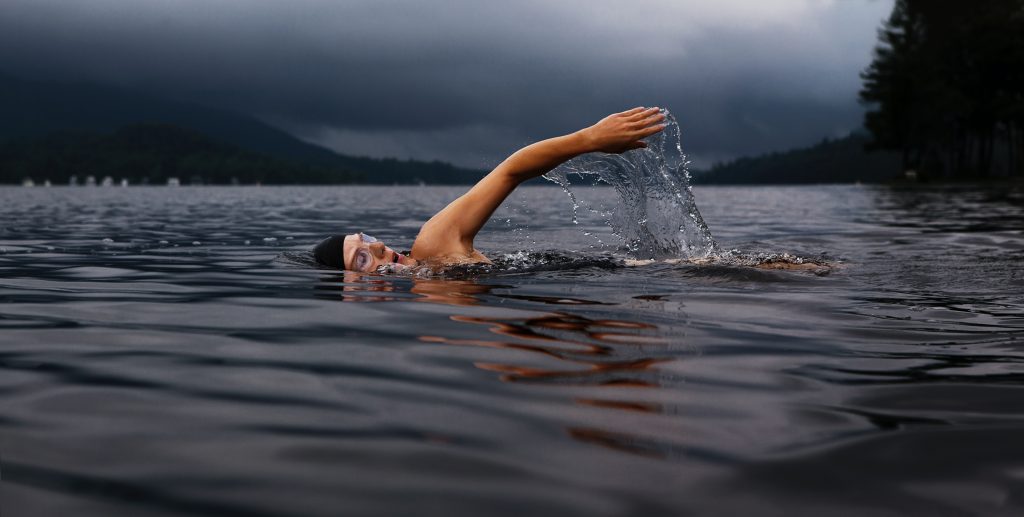
6. What would you say to newbies interested in triathlon?
I think the number one tip I can give to beginner triathletes is to find a group to train with. Training with a group exposes you to more experienced people in the sport that can help to guide you through all the things you need to know as well as help you progress faster by pushing your limits. As for me, I started cycling with the school’s cycling team. That helped me a lot throughout the years and I learned a lot from Mr. Azim and my other seniors at that time.

7. Does running get easier the more you run?
The more you do anything in life the easier it becomes. If you consistently work on your running, every run noticeably gets easier and you are able to run longer. This to me is the point where you can actually enjoy running and appreciate the hardwork you put in to get fitter.
After a month-off exercise to flush out physical and mental fatigue, Danial has started training again for the Powerman Duathlon in Putrajaya this October. We wish him all the best for flying school early next year.


